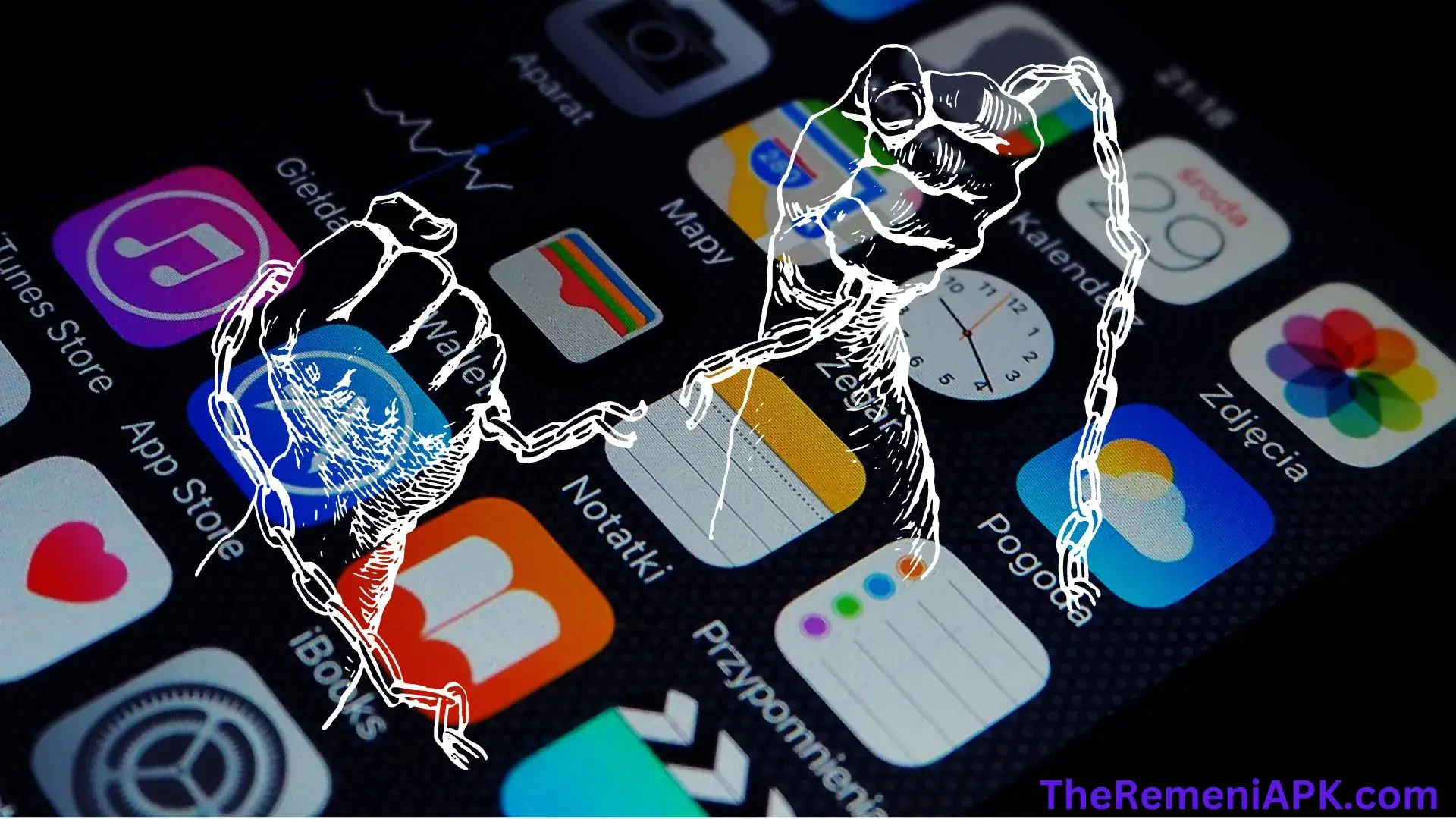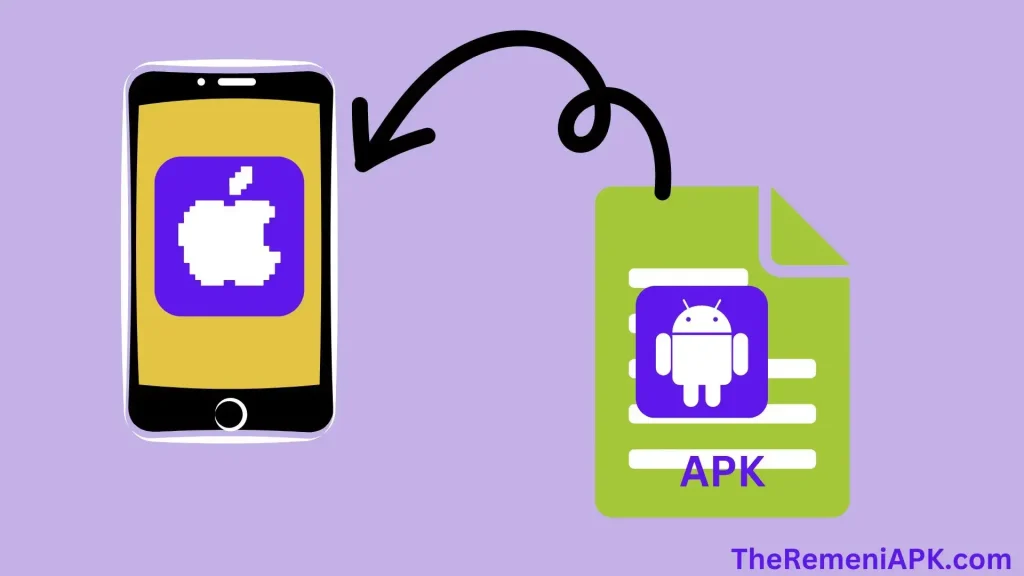4 Methods to Use APK Files on IOS
Have you ever envied Android users because of the vast variety of apps they can access, especially those APK files unavailable on the App Store? Well, you’re not alone. Android users can access a plethora of apps and modifications that we iOS users can only dream about.
But guess what? There’s a way to bridge that gap, and today, we’re diving deep into how you can use APK files on your iOS device without switching to Android.
Without further ado, let’s get started!
How to Use APK Files on iOS Devices?
APK or Android Application Package is the .exe file extension for Android devices that lets you install apps outside the Google Play Store. iOS devices don’t naturally support APK files because they have their extension file known as IPA or iPhone Application Archive. There’s no straightforward method to install an APK directly on an iOS device because the two platforms use entirely different architectures and file-handling systems.
To use an Android app in iOS, you can either find the app on the App Store or look for the IPA version of that app. However, if this doesn’t work for you, there are some workarounds that can help you install Android-exclusive apps on your iOS device.
Let’s have a look at the first one and learn how to use APK files on iOS:

1. Jailbreaking Your Device
As the name suggests, Jailbreaking is when you remove restrictions imposed by iOS’s operating system. It allows you to install apps from sources other than the App Store, including certain Android emulators.
Note: While jailbreaking your phone can offer more flexibility, it may also increase your risk of cyberattacks. However, if you still wish to do it, don’t forget to back up your device using your iCloud or iTunes IDs before Jailbreaking your device so all the data is protected in case anything goes wrong.
- Disable “Find My iPhone” and remove any passcode or Touch ID/Face ID lock on your device.
- The first step is to find a trusted jailbreak tool compatible with your iOS device. Here are a few tools that you can use to jailbreak your device.
Here are some other tools that you can use to jailbreak your phone;
- You can download jailbreaking tools from their official websites or third parties like the “zJailbreak.”
- Connect your iOS device to your computer using a USB cable and open the jailbreak tool.
- Next, follow the on-screen instructions shown by the tool to initiate the jailbreaking process. During this process, you will have to put your device into DFU (Device Firmware Update) mode.
- Once the jailbreak is successful, you will need a third-party app store to download your desired APK files. This leads us to our next method.

2. Using Third-Party App Stores
Third-party app stores are platforms that host a variety of apps, including those typically available on only Android devices. A few famous third-party apps are Cydia, AppValley, and TweakBox. These stores provide the IPA versions of the APK apps.
You will need to install a third-party app store that offers IPA files. However, you cannot use a third-party app on your iOS device without jailbreaking it first.
3. The Cross-Platform Solution: Emulators
One of the most common methods to run APK files on non-Android devices is through emulators. An emulator is a type of software that mimics one system on another, which in this case means, it will make your iOS device act like an Android. While emulators are commonly used to play video games, they can also run apps. For iOS, a reliable choice is “iAndroid.” You can also look for some other Android emulators for iOS.
By running an APK through an emulator on iOS, you might notice that not all features will work as expected because the app is running in an emulated environment, not natively. For example, if you were trying to use a high-performance app like a photo editor, say, Remini Mod APK, you might find that the app functions, but with lagged performance. Emulators can handle basic apps quite well but struggle with feature-rich applications.
4. Virtual Machine and Cloud Computing
One of the less-known but more powerful methods to use APK files on iOS devices is using Cloud Computing Services or setting up a Virtual Machine that runs Android. Let me explain what it is and what it does! A Virtual Machine is like a computer within your computer. It lets you run a completely different operating system, like Android, on your iOS device, without interfering with the main system.

Cloud computing on the other hand allows you to use software and services over the internet, such as running Android apps on online servers. These both methods let you access an Android device virtually, and give you the power to run APK files on your iOS more effectively.
The only problem is that this setup is complex and requires a bit more tech know-how beyond an average user’s capabilities.
Final Words
While it’s technically possible to use APK files on an iOS device, the process involves several workarounds that may compromise performance and security. So, before proceeding, weigh the pros and cons carefully to decide if this is the right path for you. Hope you have got your answer on how to use APK files on iOS!
